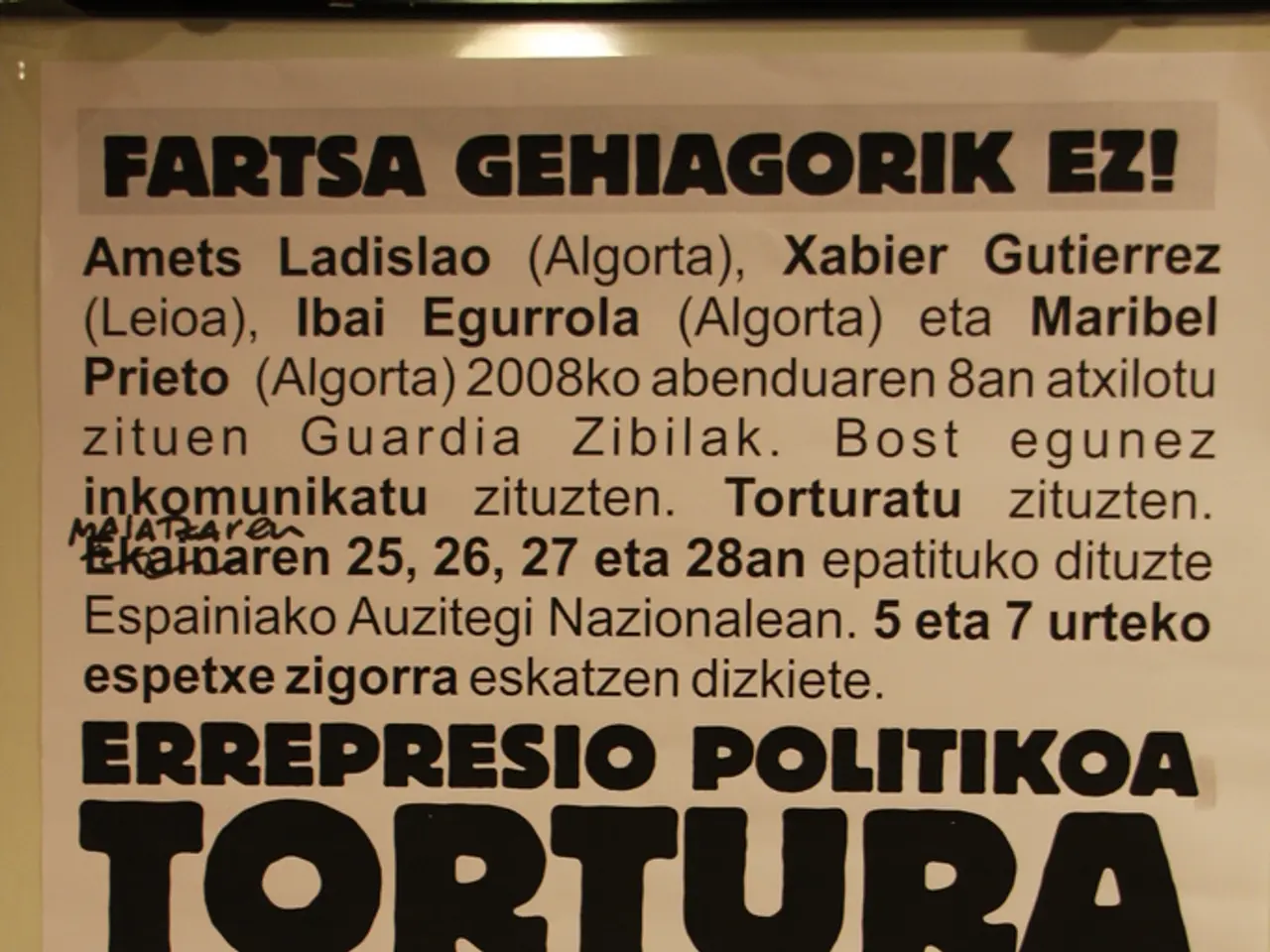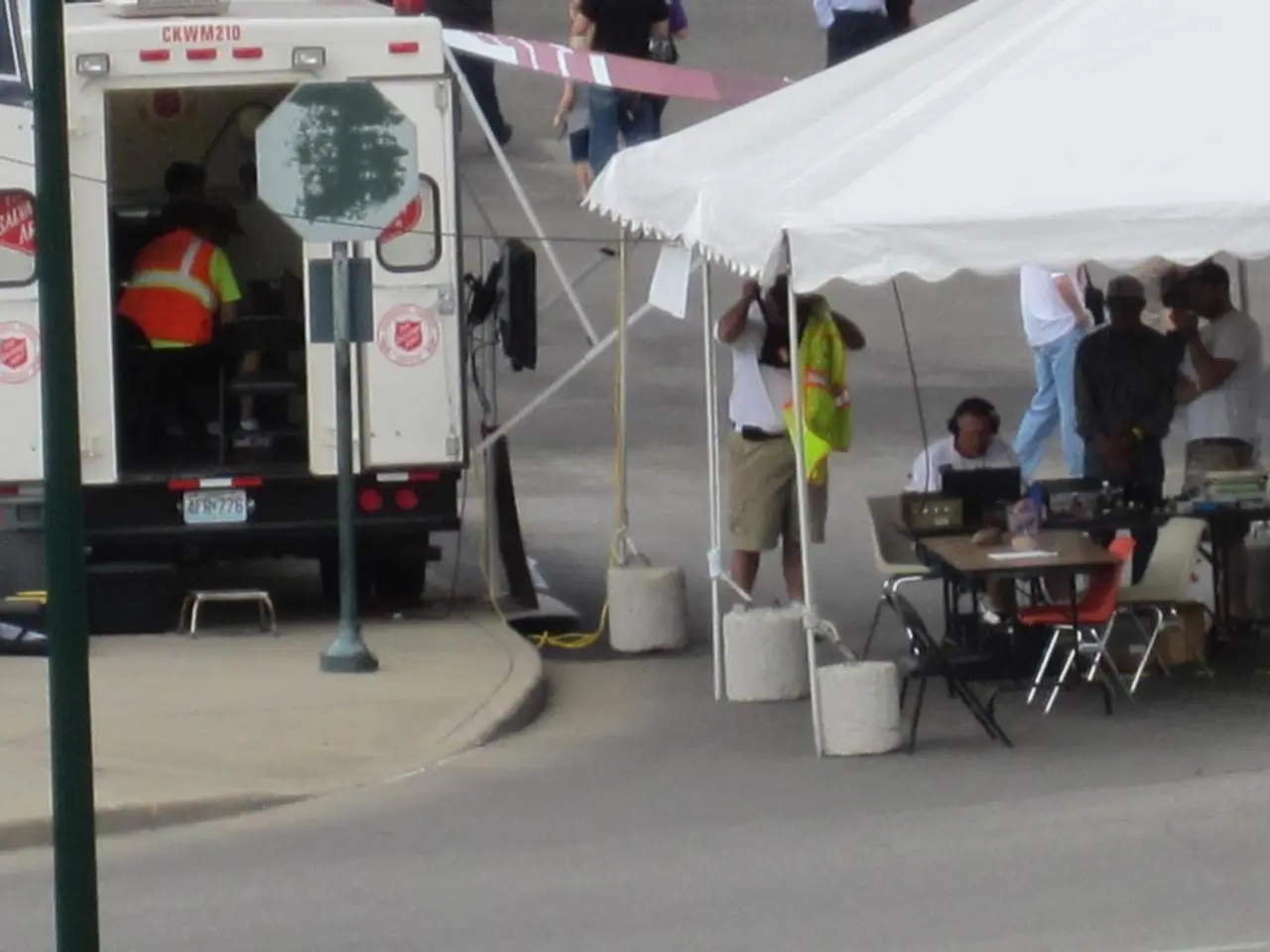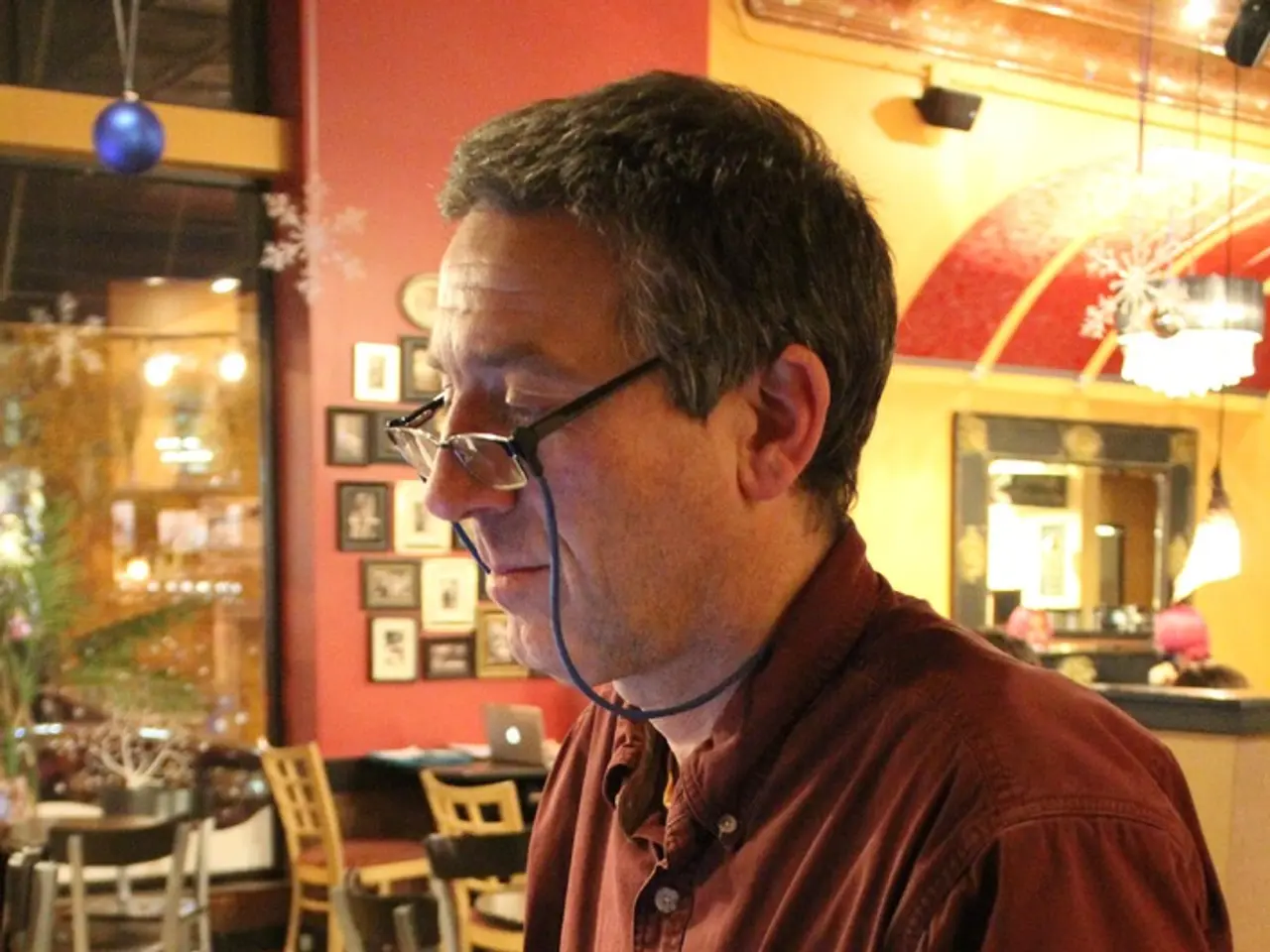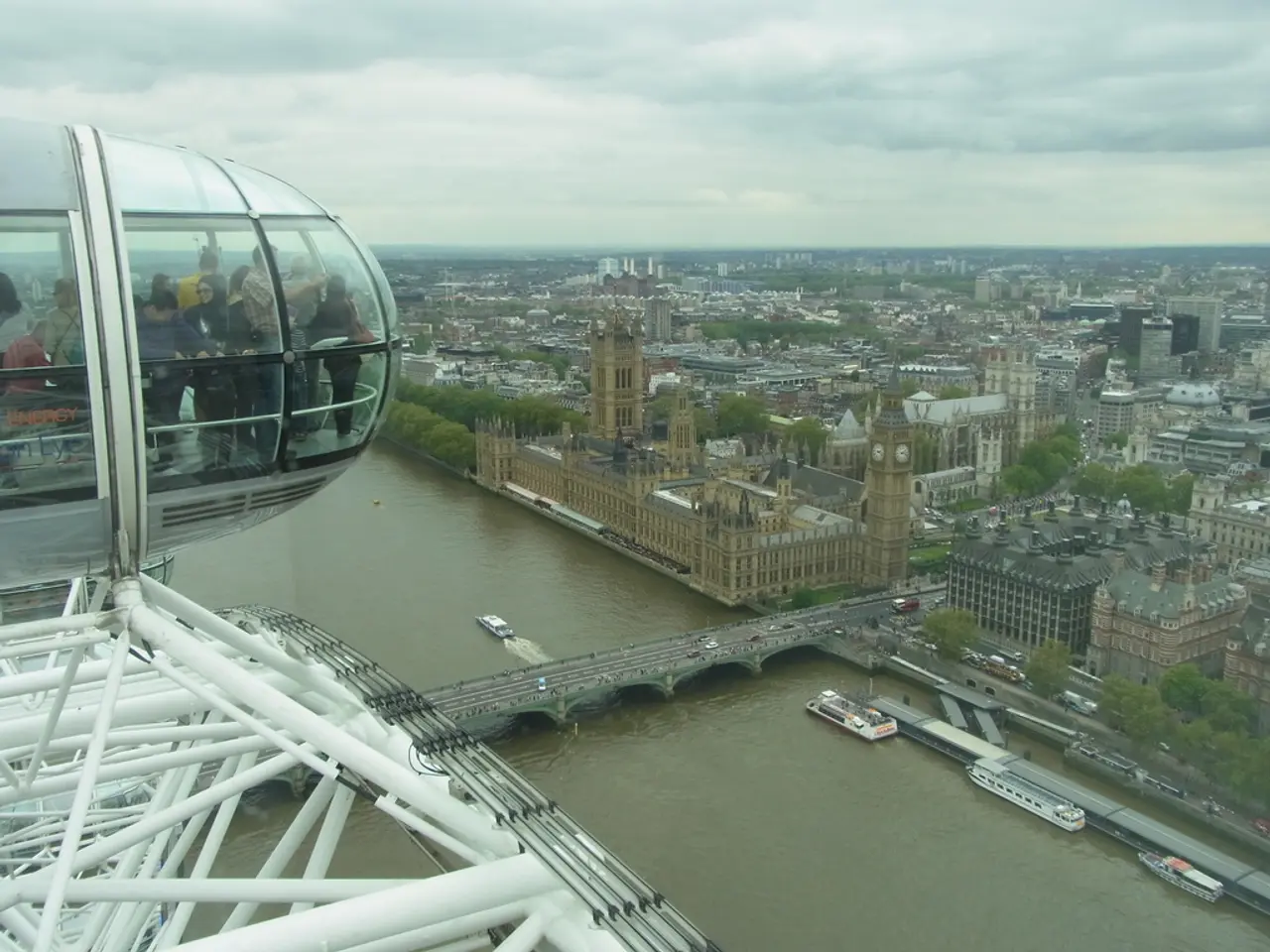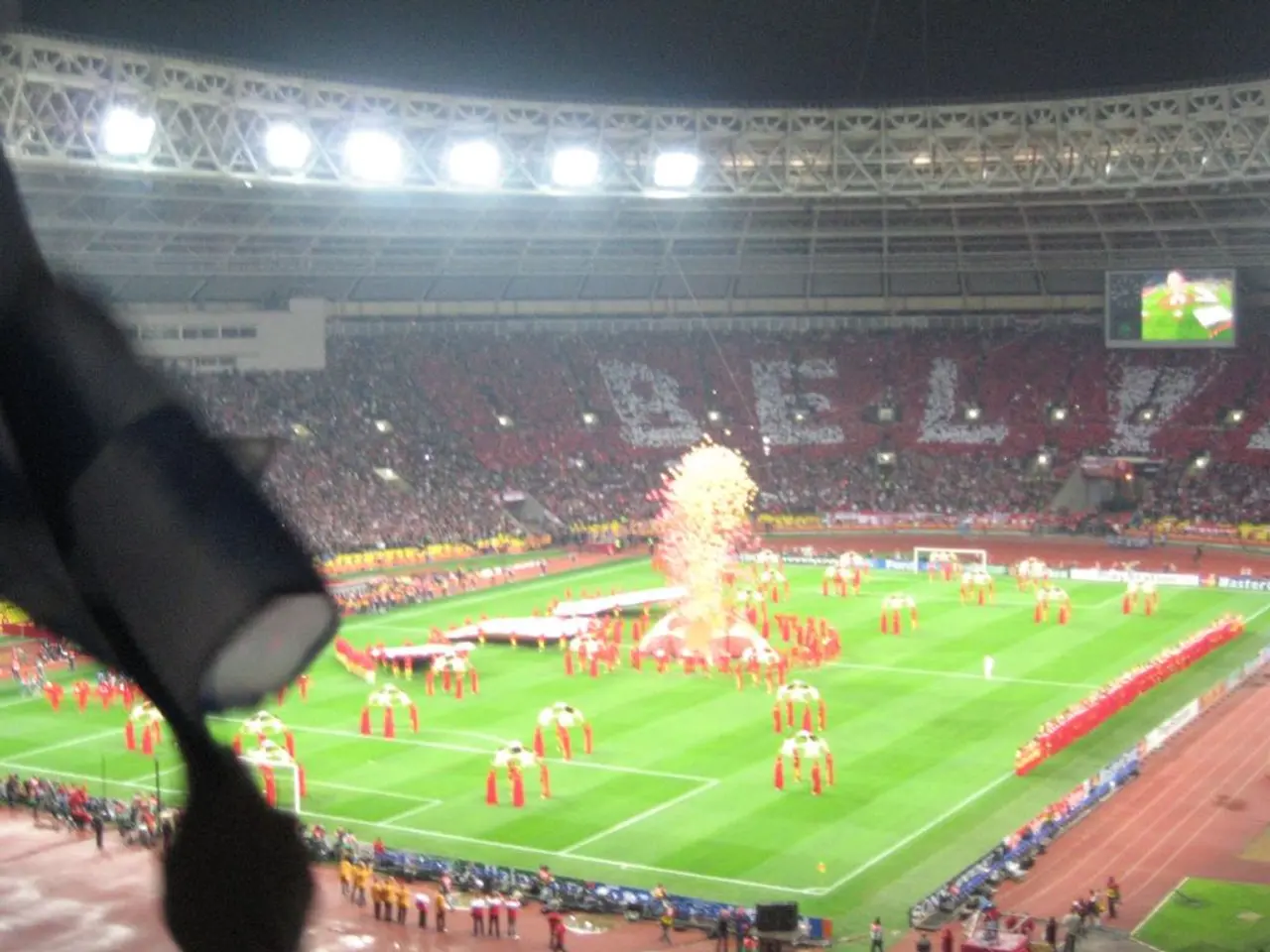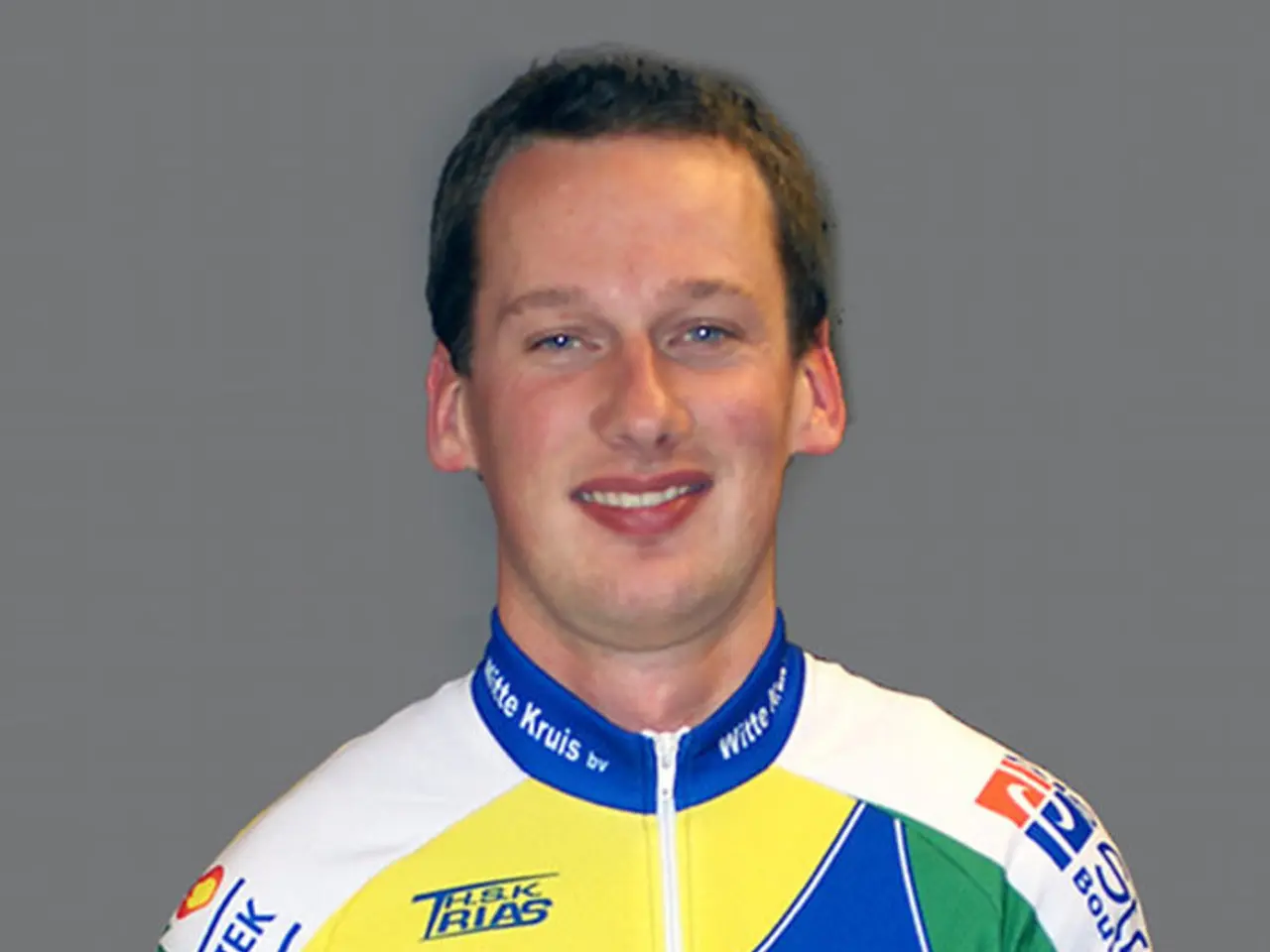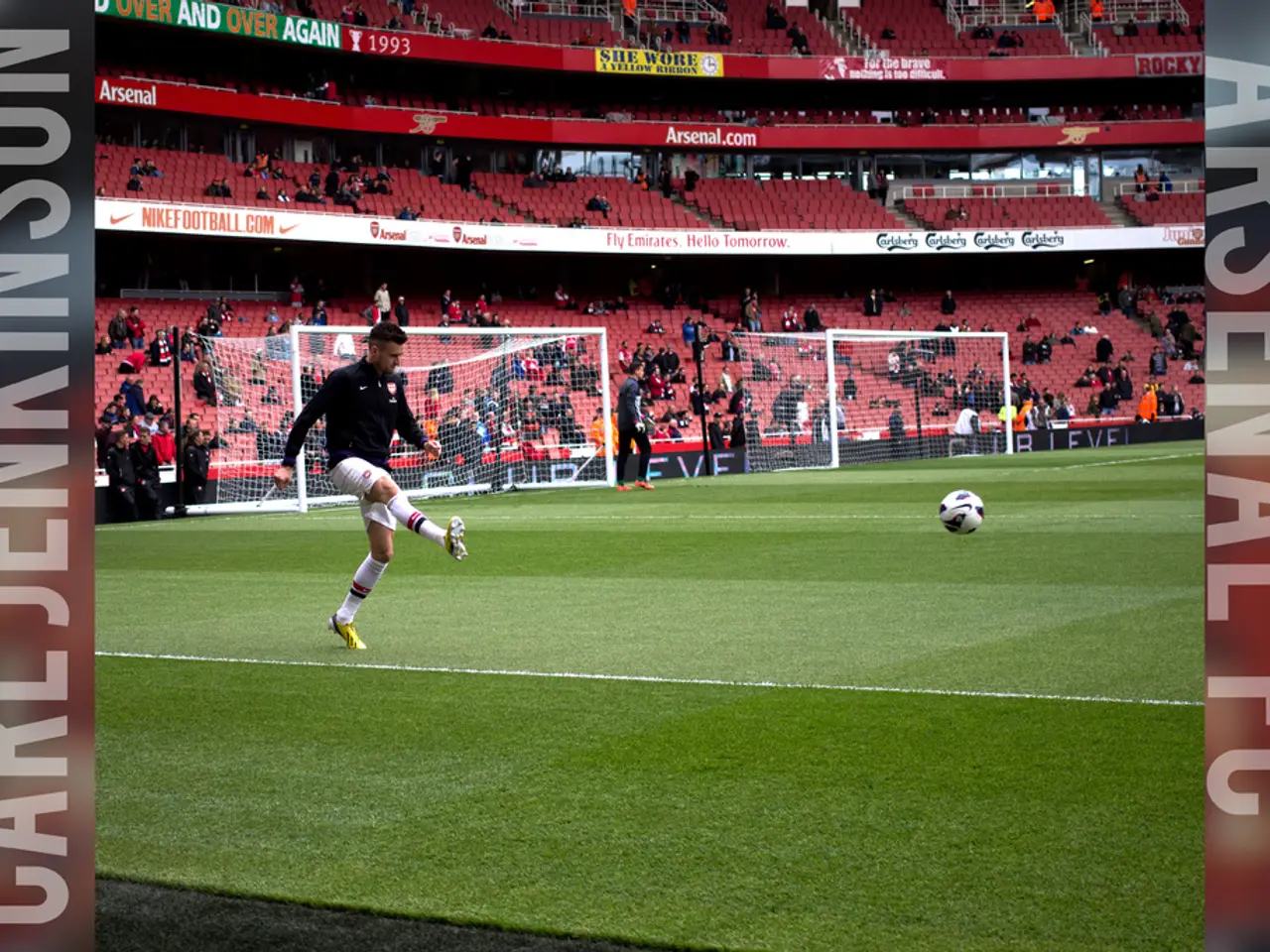Diplomatic restraint towards Venezuela has been surpassed, according to Edmundo González, who acknowledges receipt of support from the PP, indicating a shift in diplomatic approach.
In the ongoing struggle for a democratic transition in Venezuela, opposition leaders like Edmundo González and Juan Guaidó are calling for concrete action from the international community.
Juan Guaidó, the interim president of Venezuela, stated that international support has been an important factor in the path traveled since July 28, 2024. He asserted that the time for diplomatic caution has passed, and now, support must be translated into concrete actions.
Edmundo González, the former Venezuelan presidential candidate and opposition leader, thanked the Popular Party for its "constant support." He also called for the democratic world to act with determination against the regime of Nicolás Maduro, whom he contrasted as the "rightful President-elect" in comparison to Maduro's contested rule.
The PP reiterated its support for Juan Guaidó as the legitimate president of Venezuela and deepened its commitment to the principles that sustain the fight for a political transition in Edmundo González's country.
The international community's diplomatic stance toward Venezuela's political transition remains cautious and somewhat divided. While many international actors call for concrete action recognizing legitimate electoral outcomes and ending repression, global responses vary.
The United States shows internal contradictions: Secretary of State Marco Rubio had harshly criticized Maduro and supported González, declaring Maduro a "narco-dictator" and calling for military intervention. However, in mid-2025, US diplomatic directives restrained diplomats from commenting on election legitimacy globally unless clearly serving US interests.
Other regional actors like CARICOM emphasize peaceful dialogue and adherence to international law, but their influence is constrained by Venezuela’s reluctance to recognize international rulings and compliance mechanisms.
Despite the calls for stronger, coordinated diplomatic pressure, no consensus on how or when to implement it has been reached. The situation remains fluid, with the international community supporting democratic transition rhetorically, under pressure from opposition leaders like González, but concrete unified action is limited by geopolitical calculations, Maduro regime repression, and inconsistent policy stances among key actors like the US.
Meanwhile, the death toll from Ukraine's attacks on Russia's western regions has increased to three, and officialism in El Salvador proposes a reform for indefinite presidential re-election. However, these events are not directly related to the ongoing political transition in Venezuela.
In a separate development, Aitana celebrated her big night at the Metropolitano, but details of her special support were not specified in the text. Furthermore, no information about Alcaraz and his rivalry with Sinner was mentioned in the provided text.
As the struggle for a democratic transition in Venezuela continues, opposition leaders like Edmundo González and Juan Guaidó urge the international community to take decisive action, asserting that imprecise responses to the ignorance of a clear popular mandate prolong the power of those who refuse to recognize it.
- The opposition leaders in Venezuela, such as Edmundo González and Juan Guaidó, are urging the international community to translate its support into concrete actions, including policy-and-legislation and general-news coverage, to push for a democratic transition.
- Amidst the ongoing political transition in Venezuela, the international community's response has been cautious and divided, with policy-and-legislation and united actions limited by geopolitical calculations, regime repression, and inconsistent stances among key actors like the US, positioning war-and-conflicts and politics centrally in the discourse.
